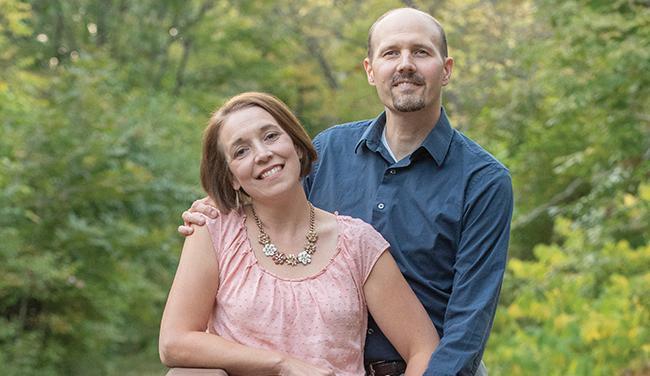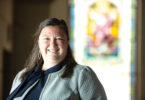
by Libby DuPont
At the end of a presentation, have you ever experienced what I like to call the “Festival of What-Ifs”? It goes like this:
Stealing is wrong. But what if you’re starving? What if you thought it was yours and took it by accident? What if you steal a stolen article?
I often consider these kinds of questions in my ministry. I hear many stories of heartache, and they stay in the back of my mind.
On Mothers’ Day, I think of childless women. When we celebrate the 50th wedding anniversary Mass, I think of young widowers. When we promote events for couples in crisis, I worry about those in abusive situations.
In general, I think being aware of the outliers helps us to be sensitive and compassionate in our interactions with others. But being too focused on exceptions can be a distraction that keeps us from seeing the good of the standard.
There may be reasons one might feel compelled to steal, and even circumstances in which one would not be culpable for doing so. But this doesn’t change the fact that respecting another’s property is a legitimate good.
As a married woman, I am called to love my husband the way that Christ loves the church. As we approach Holy Week, I’m faced with how ambitious and risky this really is. Consider that Jesus:
• washed the feet of his apostles, even the one who betrayed him
• offered himself in the Eucharist, even though we take him for granted
• shared his anguish with his friends who fell asleep
• was abandoned by all but a few, as he died a horrific death
In a fallen world, there can be all kinds of situations that require sensitive, compassionate prudence when considering this call to radically trust my spouse. But it can also be easy to let all the possible “what ifs” exempt me from examining my own marriage.
What am I withholding from my spouse out of fear or self-protection? If I make a vulnerable gift of my mind, heart and body to my spouse, will actual harm come to me? Or is the worst that will happen that my spouse will misunderstand me or take my gift for granted? While it’s true that radical trust opens us to the possibility of being disappointed, it also makes room for intimacy and joy that we cannot have without it.
In his passion, Jesus loved us first. He didn’t dwell on the chasm between his love and our response, but entered into our humanity to make greater love possible. This same Jesus is present in the sacrament of matrimony! Let’s ask him for the grace to trust our spouses more deeply.






